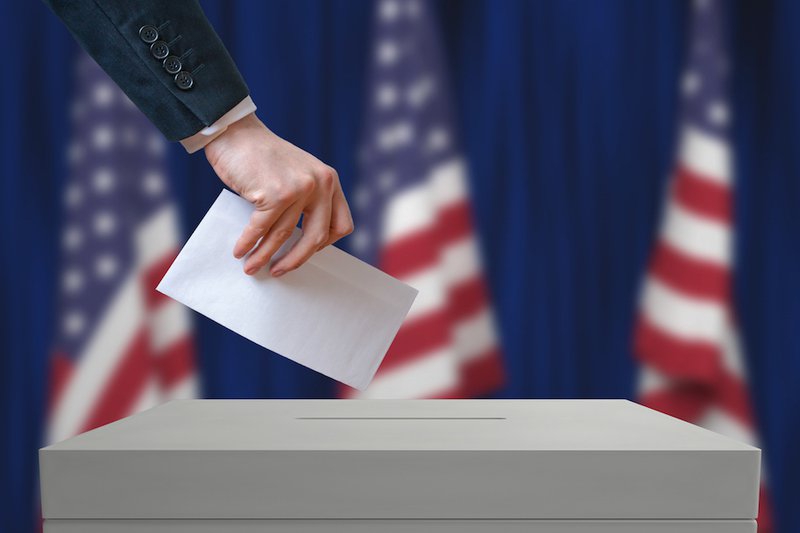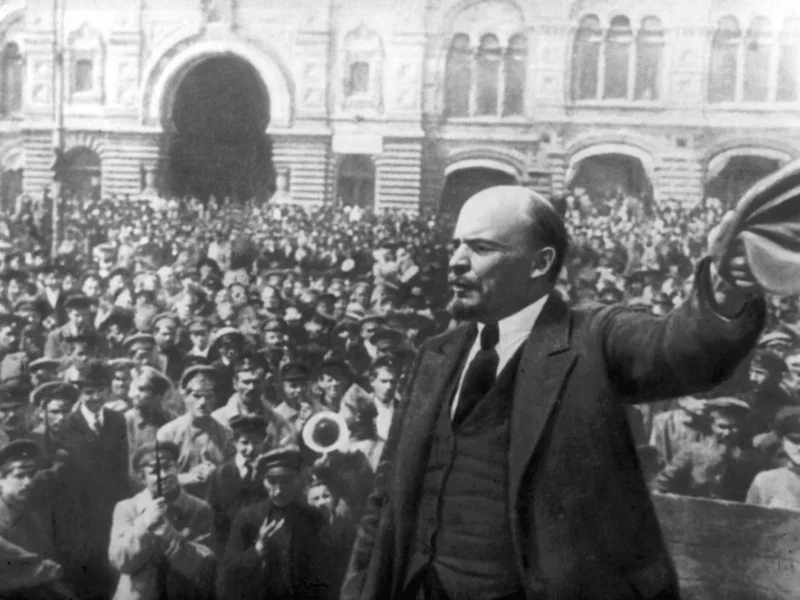In today’s interconnected world, elections represent the cornerstone of democracy, offering citizens the power to shape their future. Yet, the integrity of these democratic processes is increasingly under threat. Election interference once limited to domestic actors, now involves a complex web of international players using sophisticated methods to influence outcomes. Understanding these secret players and their tactics is critical to safeguarding global democracies.
The Players Behind the Curtain
Election interference typically involves three categories of actors: state-sponsored entities, private interest groups, and shadowy digital operatives.
State-Sponsored Entities: Countries like Russia, China, and Iran have been accused of meddling in elections worldwide. These states deploy resources through intelligence agencies, cyber units, and propaganda machines to destabilize or influence other nations. For example, the 2016 U.S. presidential election saw widespread allegations of Russian interference, including the use of fake social media accounts to sway public opinion.
Private Interest Groups: Wealthy individuals, corporations, and special interest groups often operate in the shadows, funding campaigns, spreading misinformation, or lobbying for specific policies. Their aim is typically to gain economic or political advantages, regardless of the consequences for democratic integrity.
Digital Operatives: The rise of social media and big data analytics has birthed a new breed of players: tech-savvy individuals or small groups capable of executing large-scale misinformation campaigns. These operatives often remain anonymous, working on behalf of the highest bidder.
The Tactics of Interference
Election interference employs a variety of tools, each tailored to the target country and its vulnerabilities:
Cyberattacks: Hacking electoral systems to alter voter rolls or breach sensitive data is a direct approach. Such actions aim to disrupt the voting process or undermine public trust in its outcomes.
Disinformation Campaigns: Fake news, doctored images, and misleading narratives are used to manipulate public perception. These campaigns often exploit existing social divides to sow discord and confusion.
Financial Influence: Secretive funding of political candidates or parties can skew election results, particularly in nations with lax campaign finance laws.
Vote Suppression Techniques: Disruptive tactics like spreading false information about voting dates or locations are designed to reduce voter turnout in specific demographics.
The Global Impact
The ripple effects of election interference are profound. Beyond undermining trust in democratic institutions, it often exacerbates political polarization, weakens international alliances, and destabilizes entire regions. In vulnerable democracies, interference can lead to autocratic regimes gaining power or perpetuating their rule.
Combating the Threat
To counteract election interference, governments, and international bodies must collaborate on multiple fronts:
Strengthening cybersecurity defenses around election infrastructure.
Regulating social media platforms to reduce the spread of misinformation.
Promoting transparency in campaign financing.
Educating voters on how to recognize and combat manipulation.
The Road Ahead
As technology evolves, so do the methods of interference. Protecting democratic processes requires constant vigilance, robust policies, and informed citizens. Only by shining a light on the secret players behind global votes can the integrity of elections—and the democracies they uphold—be preserved.



